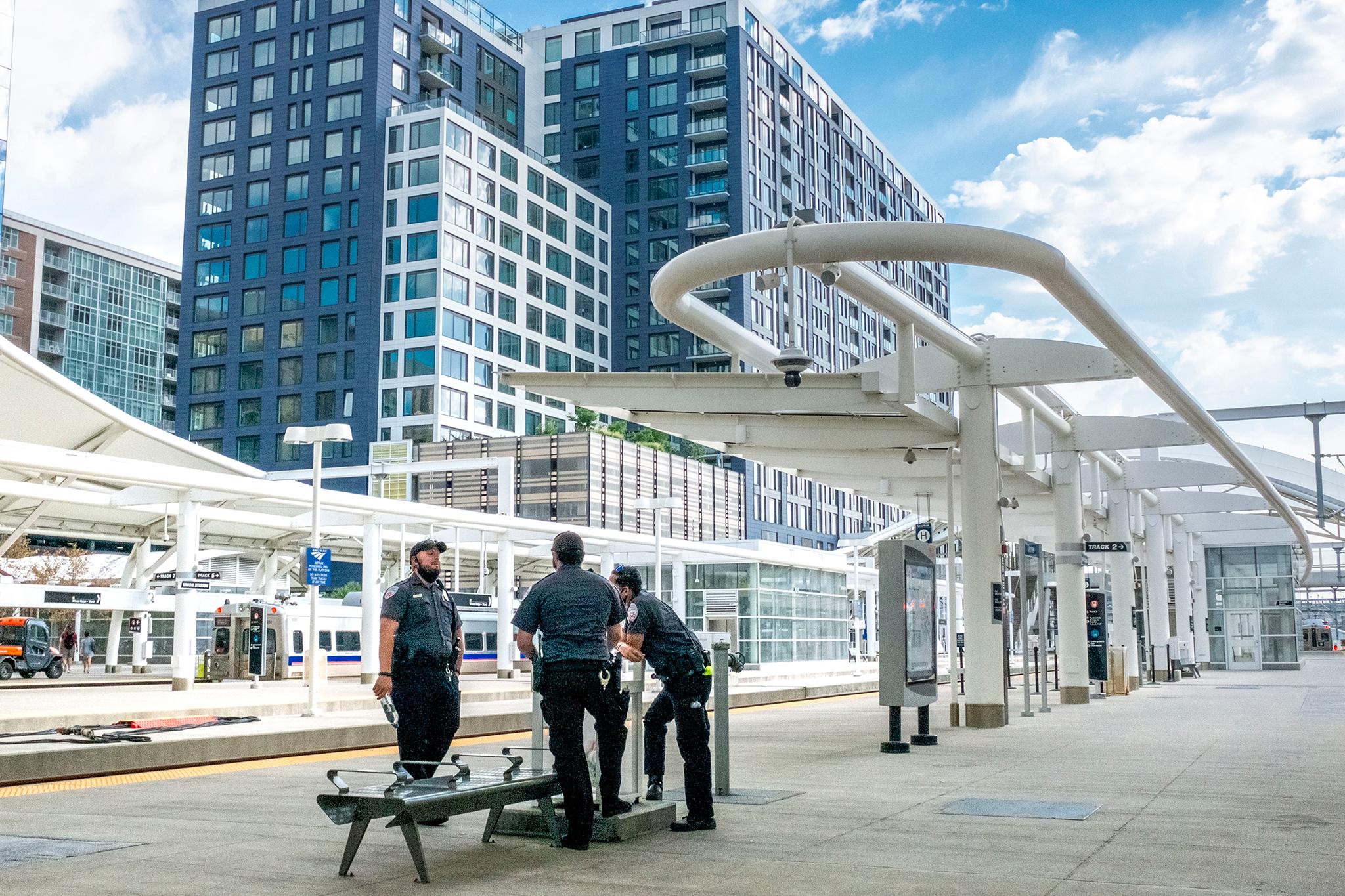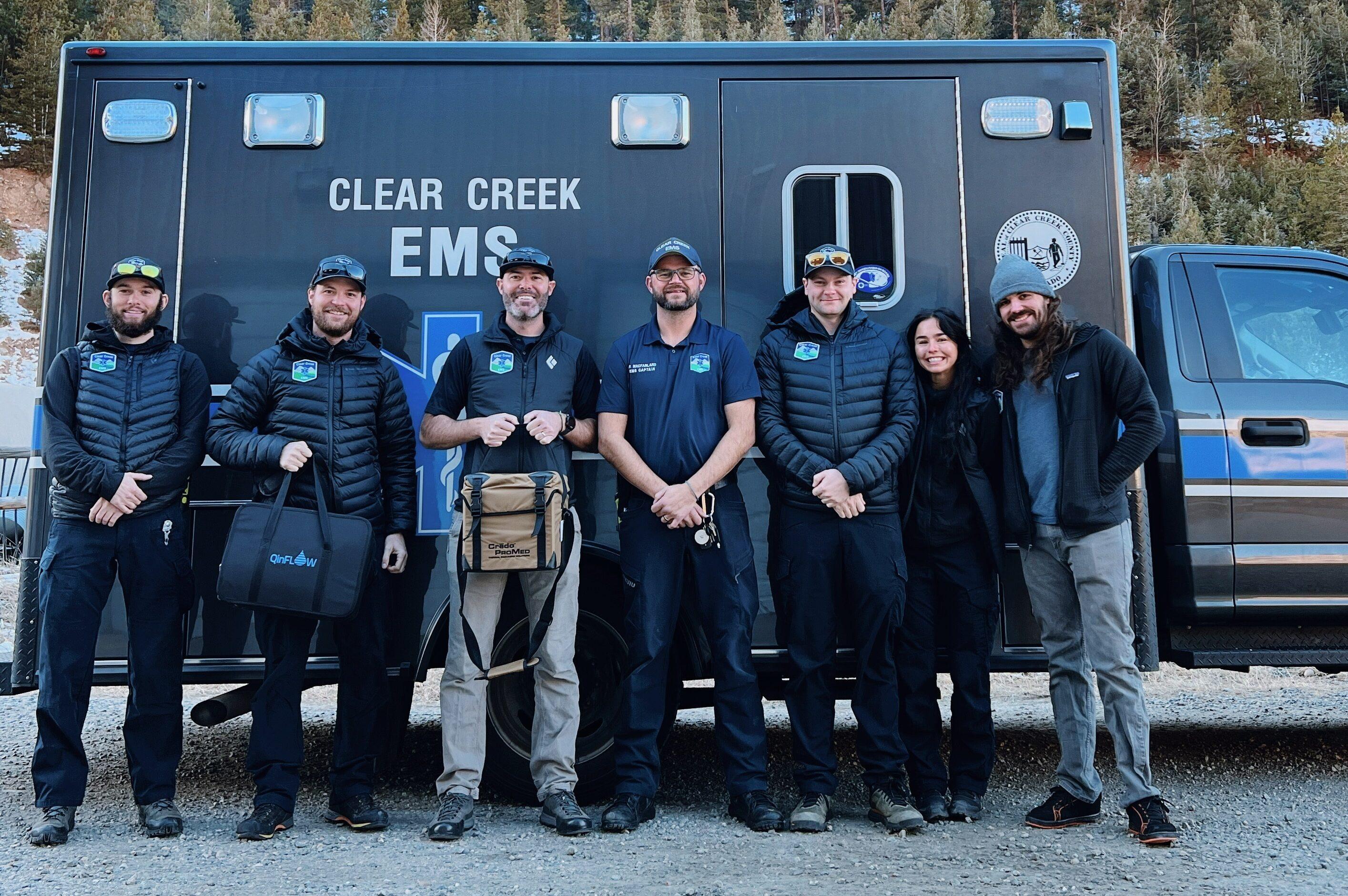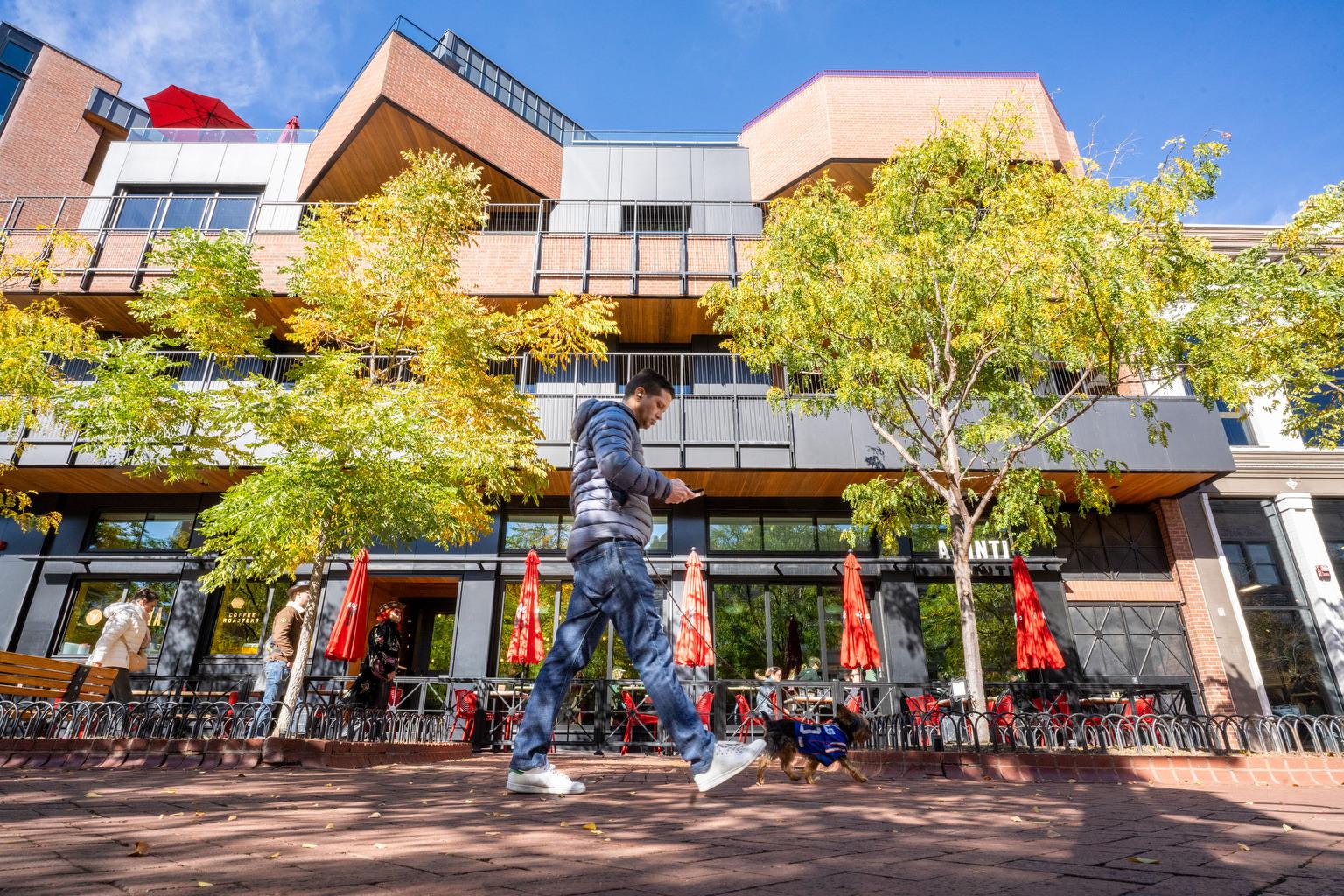
Updated 6:58 p.m.
The Regional Transportation District board on Tuesday voted down a measure that would have redirected the tens of millions of dollars the agency pays every year for armed security to outreach workers instead.
The resolution failed by a 14-1 vote. But many members of the board signaled they were open to continued conversation about significant changes to RTD’s security system, which mostly relies on private contractors and off-duty police officers.
"I think there's some good elements in this resolution, and I think it's well-intended, but I have some concerns with the details,” said Peggy Catlin, who represents Jefferson County.
Those details, written by board member Shontel Lewis of northeast Denver, include ending RTD’s contract with Allied Universal and metro-area police departments. That money — $27.3 million a year — would instead go toward mental health, behavioral health, homeless outreach, and other support services.
Lewis said she brought the resolution on the behalf of passengers who said they’d been targeted by security unfairly, in some cases because of their appearance, race, or other attributes.
But many directors said Lewis’ resolution did not clearly define the problem — a must, they said, before taking the drastic step of cutting security nearly altogether.
"I think it's backwards,” said board member Judy Lubow of Longmont.
A handful of directors noted the largest drivers’ union opposed the measure, citing the need for protection. RTD provided data showing there were 84 assaults on its operators in 2019.
But nearly all directors, including board chair Angie Rivera-Malpiede, said they’d support a committee tasked with re-evaluating RTD’s security system.
Lewis said she would try to incorporate some of the feedback into whatever comes next, but expressed her displeasure at how other board members rejected the proposal.
"Typically we have a process where folks are not comfortable with a motion and they will submit amendments. That did not happen in this case,” she said. “I hope that we see the hypocrisy and the standards for which you all hold me to, and the standards that you don't hold yourselves to, as we continue to navigate what it means to be board colleagues."









